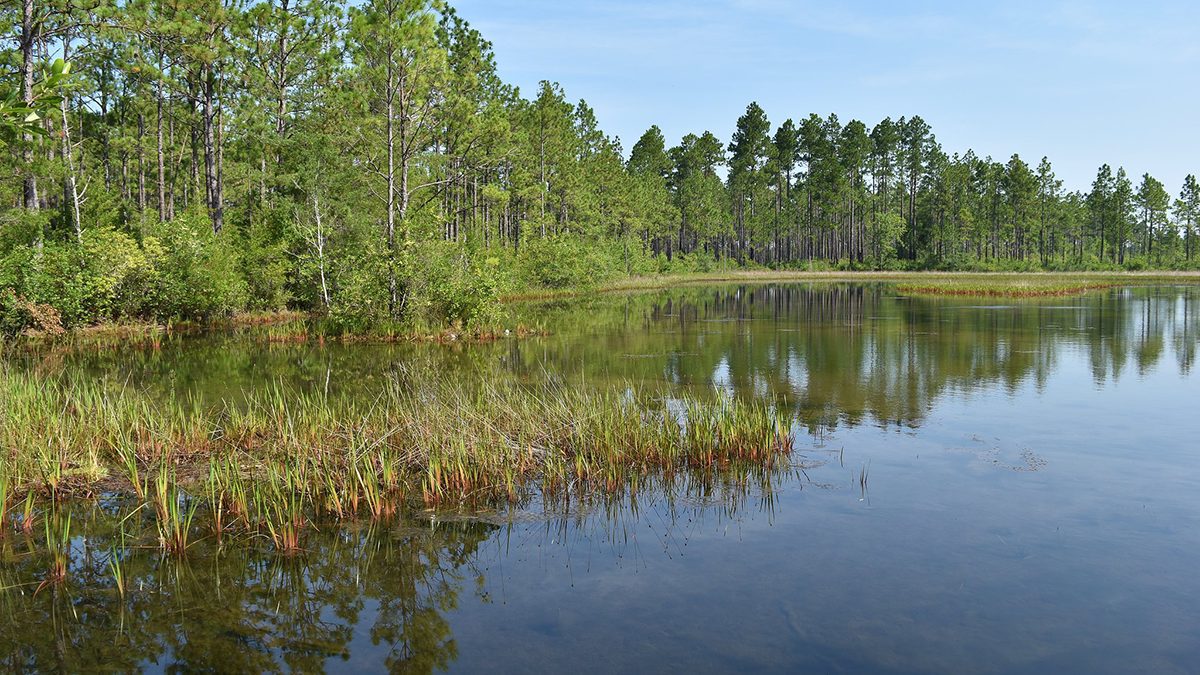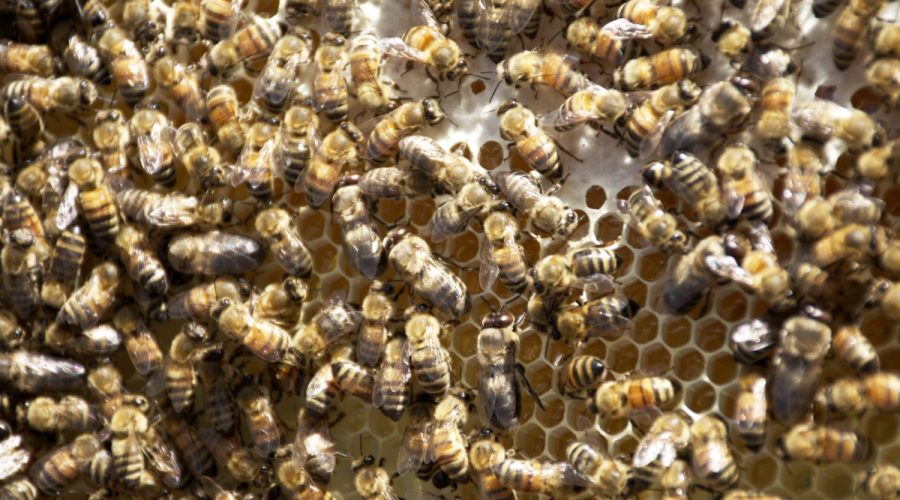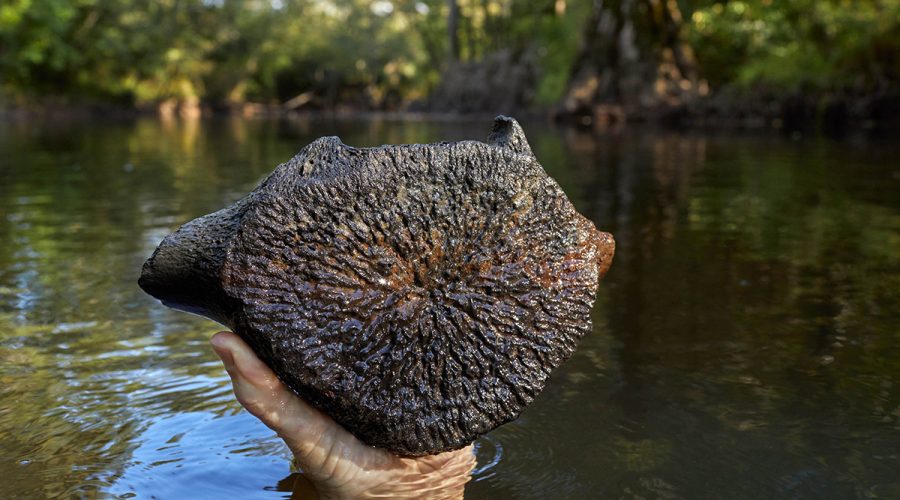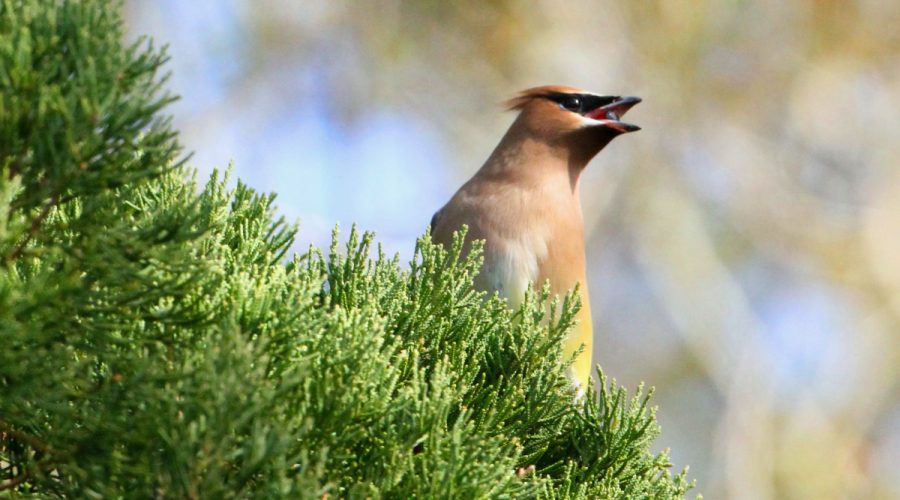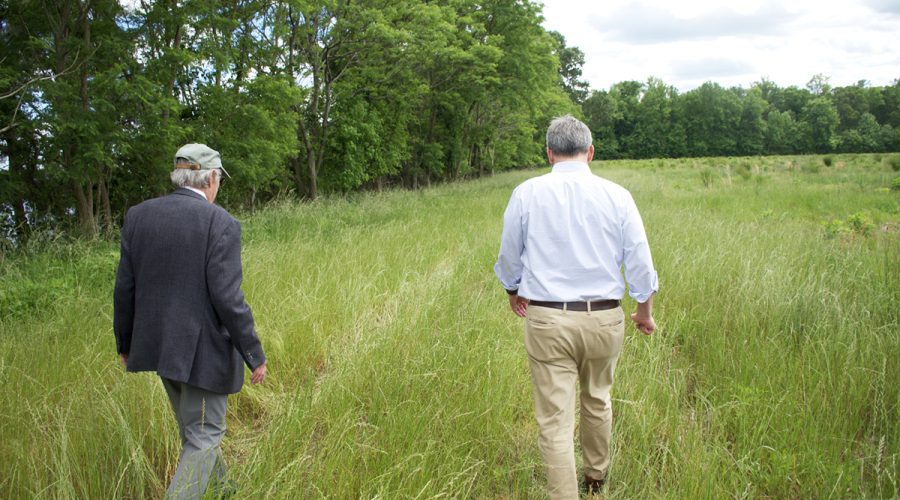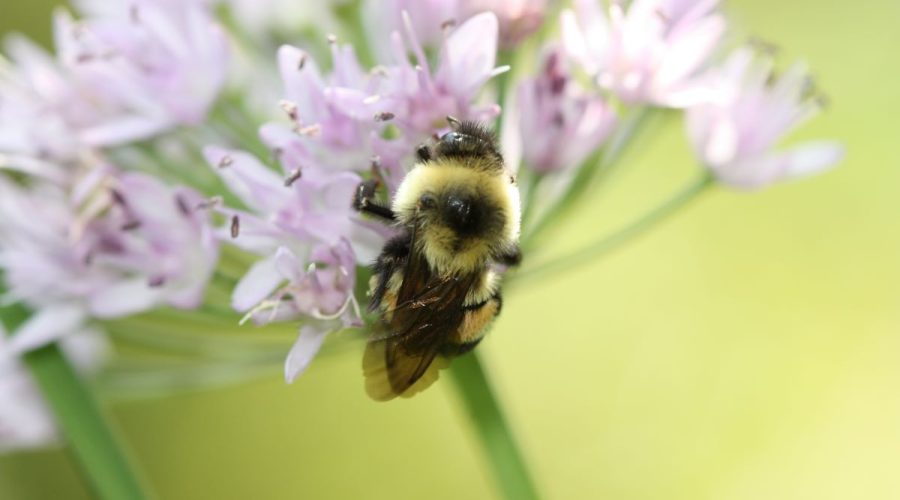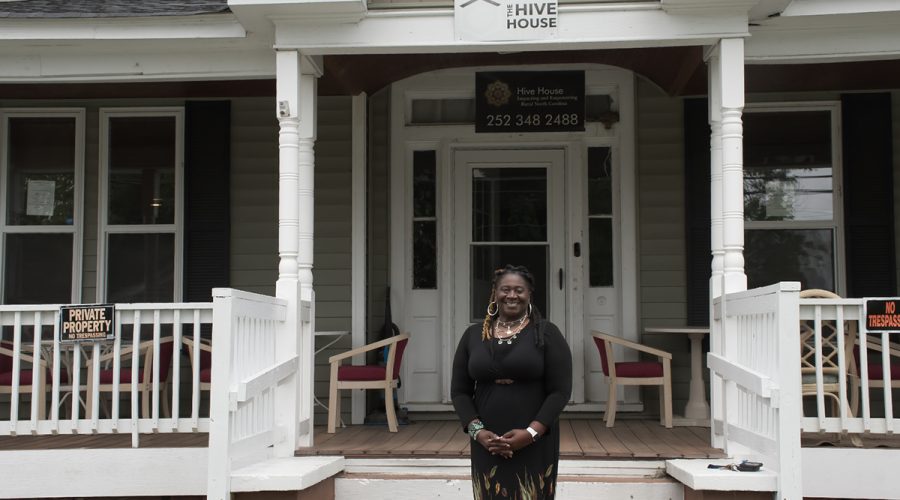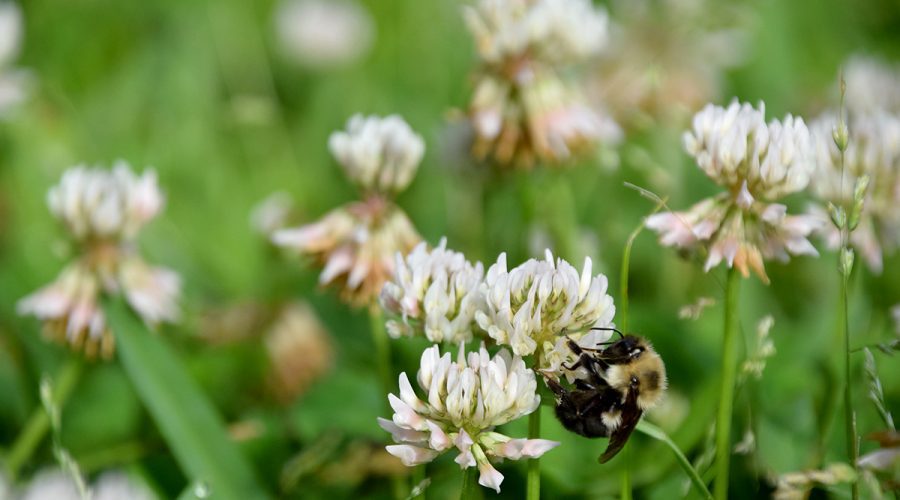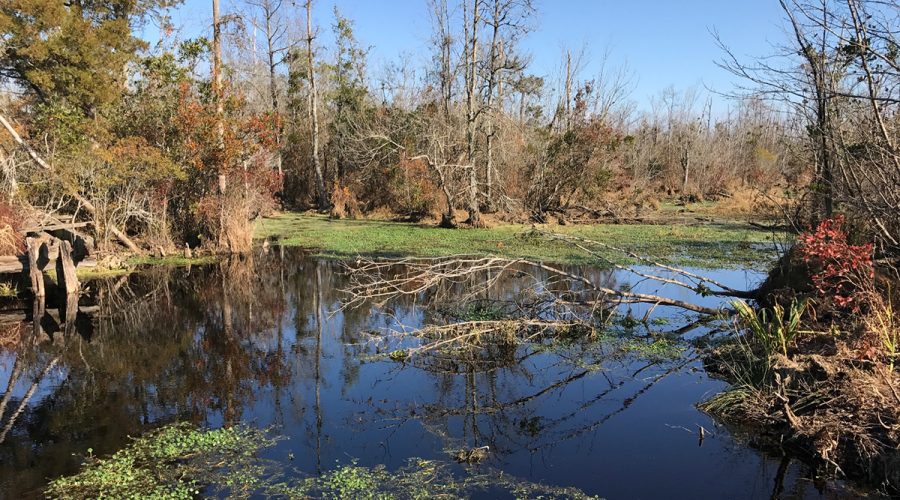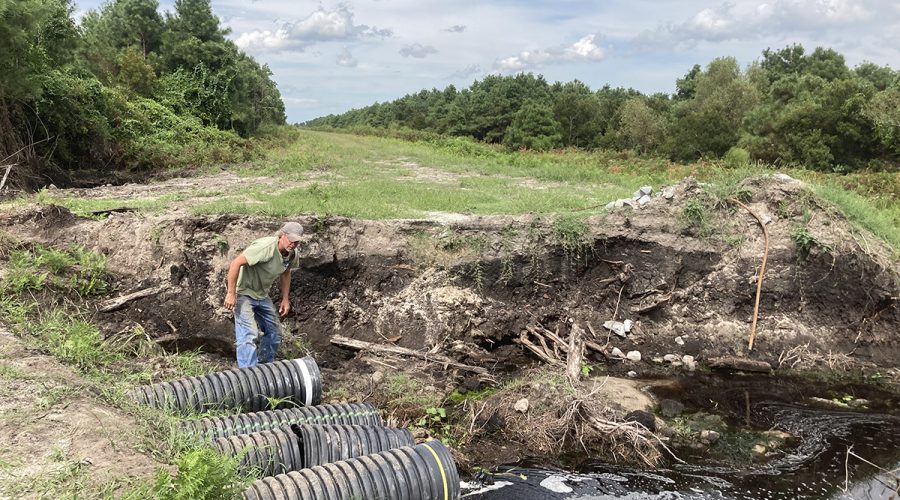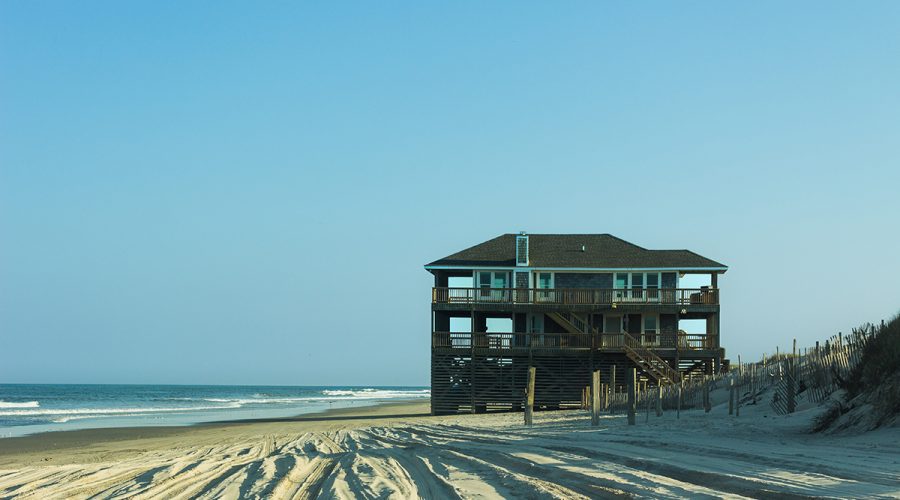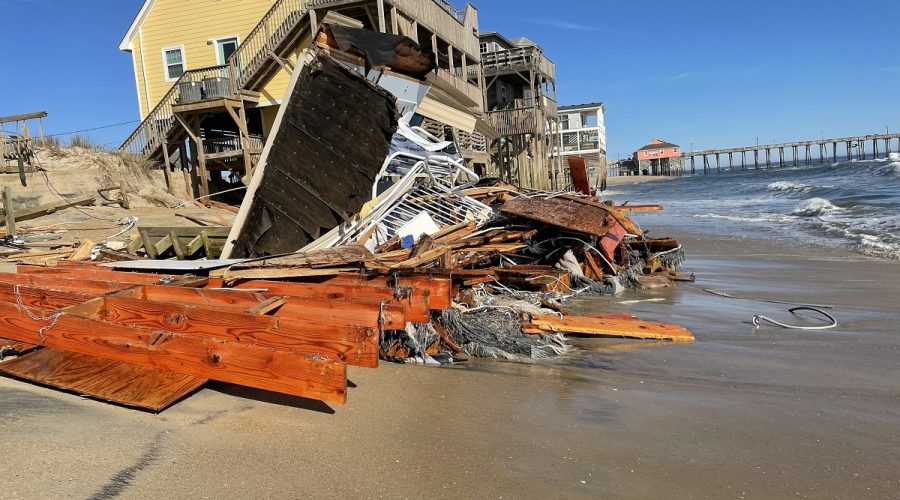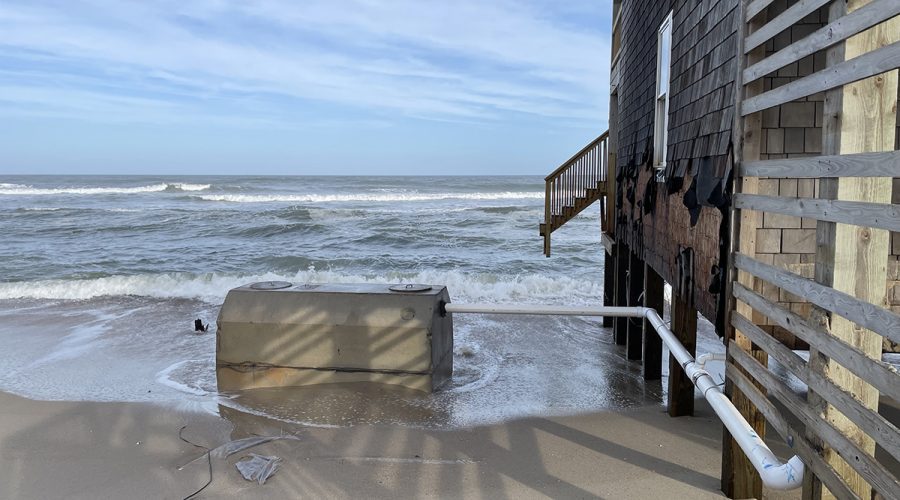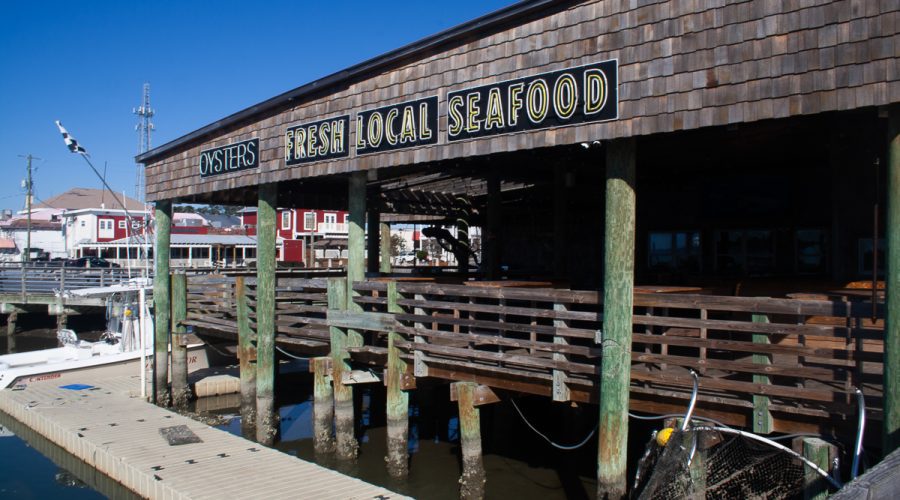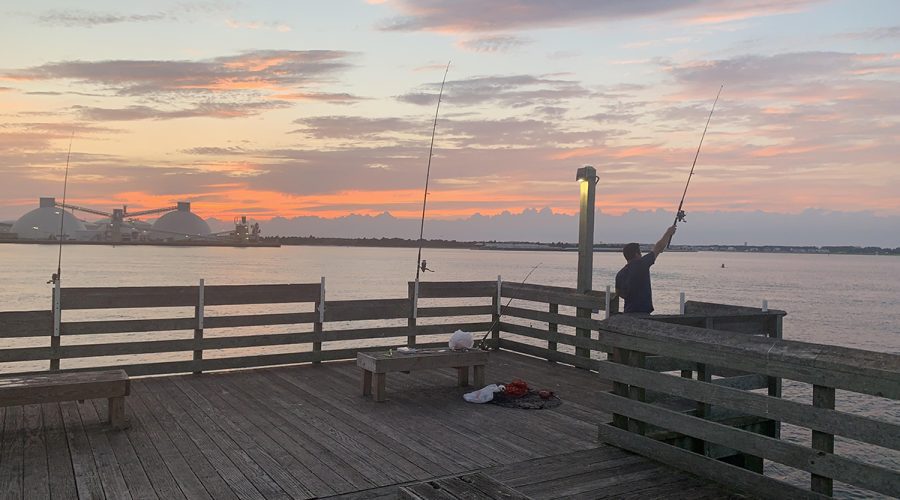Special report: The governor’s veto not withstanding, this legislative session’s farm bill is now law, and with it, state offsets and water quality protections for eastern North Carolina’s wetland environments may have evaporated.
Special Reports
Beekeeping in North Carolina largely an amateur endeavor
North Carolina has the largest state beekeeping association in the country, but its number of large-scale commercial beekeeping operations lags far behind other states.
Whales of Fishing Creek: Fossils reveal climate prophecies
The remains of prehistoric worlds beneath the Edgecombe County town of Princeville, just west of North Carolina’s coastal counties, reveal our potential climate future and possible climate solutions.
New landscaping guide suggests ‘Plant This Instead!’
It’s hard to know what plants are best for your garden, but a new guide from the Coastal Landscapes Initiative offers alternatives to potentially harmful and invasive ornamentals.
First phase of Tall Glass of Water project nears completion
New amenities, a wheelchair-accessible beach path to the shore, and a natural setting one officials called “the best possible fit for a county park” will soon be fully opened to the public.
NC-founded program promotes pollinator protections
What began as a grassroots effort in the North Carolina mountains a decade ago to save honeybees has become a nationwide initiative to protect pollinators.
Grants may help troubled Bertie County get back to nature
Lewiston Woodville in Bertie County has poverty and obesity-related health challenges, but one small nonprofit is working to get young people outside and healthier.
Your perfectly mown lawn may be harming pollinators
An awareness campaign called “No Mow May” is urging people not to mow their lawns this month, or even this whole season, as a way to help make sure that pollinators have enough to eat.
NC peat holds carbon market promise, but process complex
North Carolina’s 250,000 acres of privately owned peatland could be the ticket to tapping into the $2 billion voluntary carbon trading market, but the steps ahead are rigorous and expensive.
Rewetted drained pocosin can do a lot, like store tons of CO2
An ecosystem project in an NC peat bog could yield jobs, help with stormwater management and suppress wildfires and is part of an ambitious plan to create a carbon credit market to offset millions of tons of greenhouse gas emissions.
Construction threatens natural beauty that lured residents
As Carova residents prepare for higher seas, stronger storms and other effects of climate change, some residents are more focused on the human impacts.
Exclusive Carova showcases costs of coastal development
Despite federal disincentives and increasing perils from climate change, new houses continue to pop up in this enclave for the wealthy at the remote northern end of Currituck Banks.
Myriad problems led to Rodanthe’s doomed beach houses
Some blame the owners of erosion-threatened or destroyed beachfront houses, but there is plenty of blame to go around, including policy, regulatory and enforcement shortcomings, climate change and government inaction.
A cycle of septic repairs, washouts on park service beaches
With two-dozen oceanfront septic systems compromised by storms so far this year and spilling on the Cape Hatteras National Seashore in Dare County, several have been repaired only to be washed away again.
Socially sustainable seafood requires diligence, scrutiny
Mislabeling is common in the seafood industry even as consumer demand for local and sustainable food grows. In the end, it’s better for everyone to make the supply process transparent.
Subsistence fishers catch dinner, but get more from casting
Subsistence fishing is a mix of culture and economics in eastern North Carolina.

